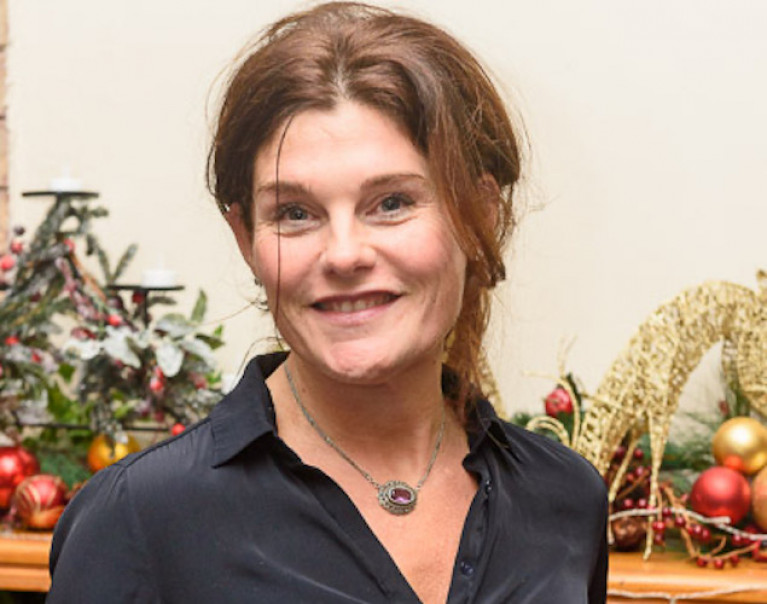Displaying items by tag: Johanna Murphy
SCORA Commodore Johanna Murphy Becomes Cork Harbour Business President
The Commodore of the South Coast Offshore Racing Association (SCORA) has been elected President of Cobh and Harbour Chamber in Cork.
The Chamber, which has been in existence for 60 years, is composed of local business representatives and works to promote the economic and social development of the Cork Harbour community. It is the primary business representative organisation in the greater Cobh area.
Johanna Murphy, an auctioneer, has been leading the development of yacht racing on the South Coast and introduced several new developments since she was appointed Commodore of SCORA.
She was previously Vice-President of the Business Chamber which, she said on taking office as President, will be announcing a two-year plan in January.
"We have set up Team Cobh, which is a coming together of the Chamber, Cobh Tourism and Cobh Tidy Towns Committee. We aim to work together in the best interests of the harbour town."
The South Coast Offshore Racing Association and Kinsale Yacht Club have agreed to run a SCORA-based race from Kinsale to the Fastnet Rock and back to Kinsale which will act as a qualifier for the Round Ireland Yacht Race in August.
As sailing resumes on the South Coast, SCORA Commodore Johanna Murphy says this will be the Association’s only offshore race this season.
There will be two other SCORA events for its annual League this season, “a shortened one,” she says – the Cobh-to-Blackrock Race in Cork Harbour and the RCYC Autumn/October Regatta.
She is the guest on this week’s AFLOAT Podcast where she also says that members should support their clubs. “If clubs can’t continue, if they don’t exist, then you won’t be able to go sailing,” she says in response to concerns that members have been slow to renew club memberships.
This follows last week’s Podcast when the CEO of Irish Sailing, Harry Hermon, emphasised the importance of renewing club memberships.
The Kinsale/Fastnet/Kinsale race will start on the Saturday of the August Bank Holiday, August 1, at 1800 and return the following morning. There will be two trophies – The Fastnet Trophy and the Minahan Trophy.
This week’s Podcast is below































































